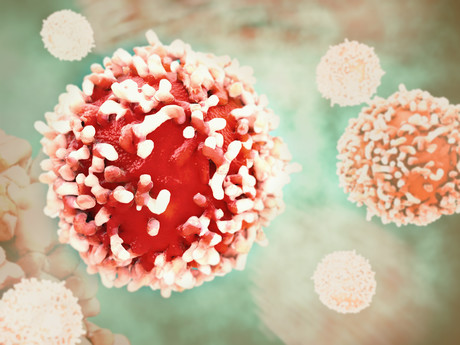Cancer soars by one-third globally

Between 2005 and 2015, the number of cancer cases worldwide increased by 33%, with an estimated 17.5 million cancer cases and 8.7 million deaths, according to a global research collaboration involving Australian institutions.
In 2015, there were an estimated 17.5 million cancer cases around the globe and 8.7 million deaths, according to a new report from the Global Burden of Disease Cancer Collaboration published online by JAMA Oncology.
Cancer is the second leading cause of death worldwide and estimates of its burden around the globe are vital for cancer control planning.
The report by Christina Fitzmaurice, MD, MPH, of the University of Washington, Seattle, and co-authors estimated cancer deaths using vital registration system data, cancer registry incidence data and verbal autopsy data.
Among the report’s key findings were:
- Between 2005 and 2015, cancer cases increased by 33%, mostly due to population ageing and growth plus changes in age-specific cancer rates.
- Globally, the odds of developing cancer during a lifetime were 1 in 3 for men and 1 in 4 for women.
- Prostate cancer was the most common cancer globally in men (1.6 million cases); tracheal, bronchus and lung (TBL) cancer was the leading cause of cancer deaths for men.
- Breast cancer was the most common cancer for women (2.4 million cases) and the leading cause of cancer deaths in women.
- The most common childhood cancers were leukaemia, other neoplasms, non-Hodgkin lymphoma, and brain and nervous system cancers.
Limitations of the study include that its estimates depend on the quantity and quality of the data sources available.
“Cancer control, which requires a detailed understanding of the cancer burden as provided in the GBD [Global Burden of Disease study], is of utmost importance given the rise in cancer incidence due to epidemiological and demographic transition,” the study concludes.
Healthscope issues statement on three hospital patient deaths
Healthscope has issued a statement outlining its response to the deaths of three of its...
IVF incident: "All of us at Monash IVF are devastated"
Monash IVF has confirmed that the embryo of one patient at its Brisbane clinic was incorrectly...
NSW sees ramping reductions across some of its busiest EDs
Some of NSW's busiest emergency departments have seen significant reductions in hospital...









